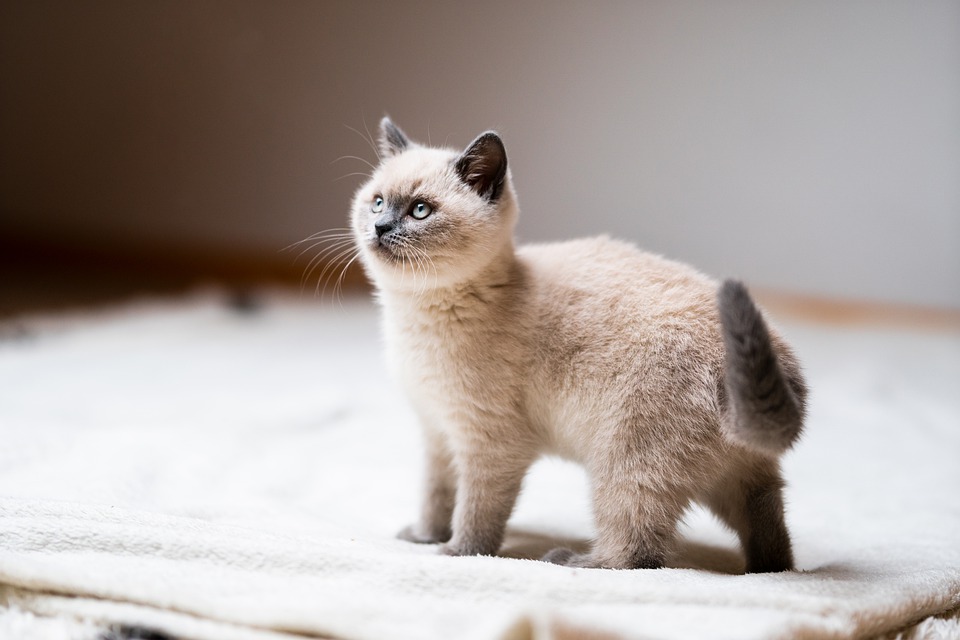As our beloved feline companions enter their golden years, it’s essential for cat owners to be vigilant in identifying and addressing the signs of aging. Just like humans, senior cats may experience various age-related changes that require special attention and care. In this comprehensive guide, we will explore how to recognize and address these signs, ensuring a comfortable and healthy life for your senior cat.
Understanding the Aging Process in Cats
Before delving into the signs of aging, it’s important to have a basic understanding of how cats age. On average, cats are considered seniors when they reach 7-10 years of age. However, individual cats may age differently based on factors such as genetics, breed, and overall health.
Recognizing Signs of Aging in Senior Cats
1. Changes in Appearance
– Coat and fur changes
– Weight fluctuations
– Muscle loss or weakness
2. Altered Behavior
– Reduced activity levels
– Increased sleep or restlessness
– Confusion or disorientation
3. Dental Issues
– Bad breath and tooth decay
– Difficulty eating or chewing
– Drooling or pawing at the mouth
4. Joint and Mobility Problems
– Stiffness or difficulty jumping
– Reluctance to use stairs or litter box
– Limping or favoring certain limbs
5. Urinary and Digestive Changes
– Increased frequency of urination
– Incontinence or accidents
– Constipation or diarrhea
6. Eye and Ear Problems
– Cloudy or discolored eyes
– Hearing loss or sensitivity
– Frequent eye or ear infections
7. Cognitive Decline
– Memory loss or confusion
– Decreased responsiveness
– Increased vocalization or agitation
Addressing the Signs of Aging
1. Regular Veterinary Check-ups
– Importance of routine examinations
– Age-specific screenings and tests
– Early detection and prevention of age-related diseases
2. Dietary Adjustments
– High-quality senior cat food
– Special diets for specific health issues
– Adequate hydration and portion control
3. Exercise and Enrichment
– Gentle exercise routines
– Stimulating toys and puzzles
– Environmental modifications for mobility
4. Dental Care
– Regular teeth brushing
– Dental treats and toys
– Professional dental cleanings if needed
5. Joint and Pain Management
– Comfortable bedding and resting areas
– Supplements for joint health
– Medications for pain relief, if necessary
6. Monitoring Urinary and Digestive Health
– Providing easy access to litter boxes
– Regular monitoring of litter box habits
– Appropriate diet and hydration to prevent issues
7. Managing Cognitive Decline
– Consistent routines and familiar surroundings
– Mental stimulation through interactive play
– Discussing potential medications with a vet if needed
FAQs About Aging in Senior Cats
1. How can I make my senior cat more comfortable at home?
– Provide warm and cozy resting spots
– Ensure easy access to food, water, and litter box
– Use ramps or steps for easier mobility
2. Should I switch my cat to a senior-specific diet?
– Consult with your veterinarian to determine the appropriate diet
– Senior cat food is formulated to support specific nutritional needs
3. Are there any supplements that can benefit senior cats?
– Joint supplements (e.g., glucosamine) can aid mobility
– Omega-3 fatty acids promote healthy skin and coat
4. How often should I take my senior cat to the vet?
– Regular check-ups every six months are recommended for senior cats
– More frequent visits may be necessary if health issues arise
5. How can I help my senior cat stay mentally stimulated?
– Engage in interactive play sessions
– Provide puzzle toys and treat-dispensing games
– Create a safe outdoor enclosure for supervised exploration
By recognizing the signs of aging in senior cats and addressing their specific needs, you can ensure your feline friend enjoys a happy, healthy, and comfortable life in their golden years. Remember, regular veterinary care and your love and attention are key to providing the best possible care for your aging cat.








